The UC Davis Humanities Institute currently sponsors eight research clusters. The research clusters provide a critical space for interdisciplinary research and collaboration not easily accomplished in a single department or program. Clusters are meant to facilitate exchange among faculty and graduate students in workshops, symposia, or mini-conferences, to encourage experimentation with new forms of collaboration within and beyond UC Davis, and to broaden the aims of faculty research in the humanities and humanistic social sciences. Clusters are awarded up to $5,000 annually.
The UC Davis Humanities Institute-sponsored HumArts Research Clusters represent the range of work among faculty and graduate students in the humanities, arts, and humanistic social sciences. The research clusters provide a critical space for research and collaboration not easily accomplished in a single department or program.
Clusters are meant to facilitate exchange among faculty and graduate students in workshops, symposia, or mini-conferences, to encourage experimentation with new forms of collaboration within and beyond UC Davis, and to broaden the aims of faculty research in the humanities and humanistic social sciences. HumArts Clusters are awarded up to $5,000 annually. The call for applications is released in Spring Quarter.
2022-2023 New HumArts Research Clusters
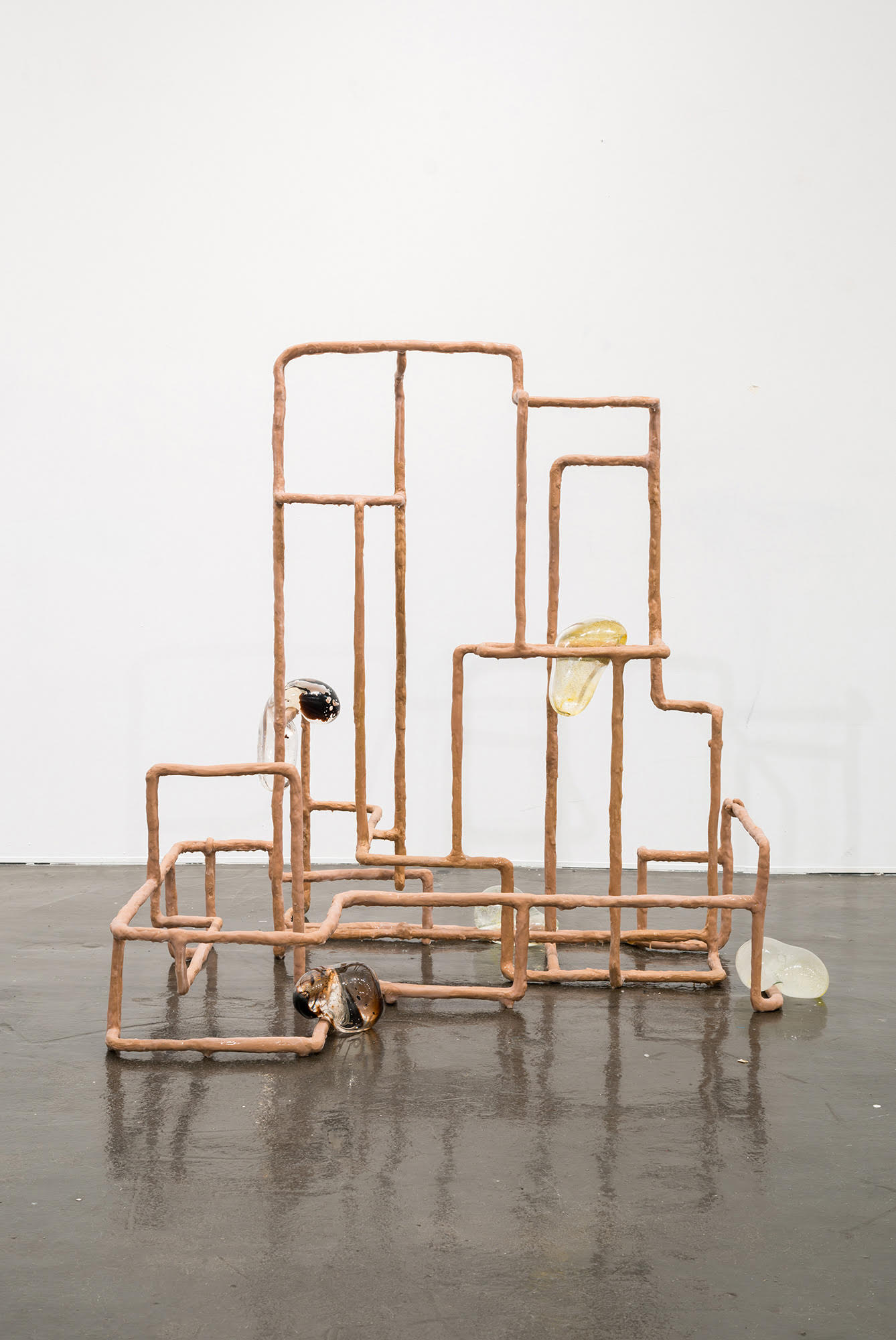
|
Queer, Trans, and Feminist STS Research |
PIs: Diana Cage (PhD Student), Elizabeth Freeman, Kalindi Vora, and Chris Hanssmann The Queer, Trans, and Feminist STS Research Cluster is committed to studying trans and queer cultural production as sites of scientific inquiry and knowledge production. This cluster seeks to unify faculty and students across the university who are interested in thinking science and technology studies through the lens of queer, trans, and feminist studies. We are especially interested in centering transgender studies, trans health, and body sovereignty in our conversations and readings. Guiding questions include: How can we use strategies from trans and queer studies, medical anthropology, performance studies, and STS to innovate social change? How is science a cultural practice? How can students mobilize and organize to do interdisciplinary work where formal support systems do not always exist? |
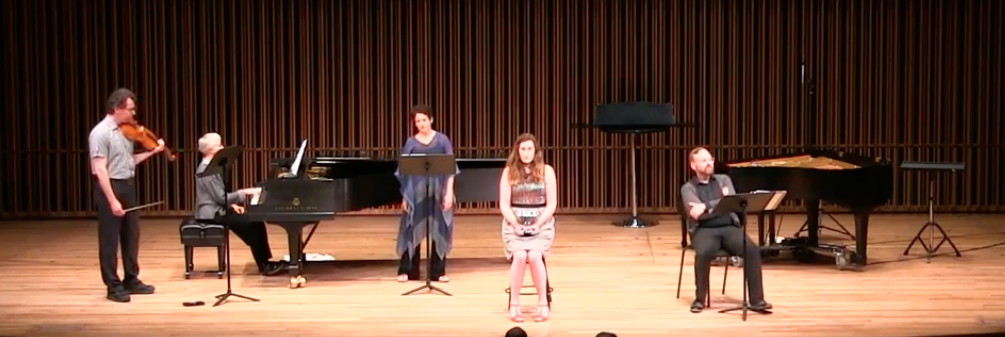
|
See|Hear|Say: New Work with Voice, Bodies, Sound & Word |
PI: Kurt Rohde This concert is a collaboration of graduate students in music composition and creative writing, with artist-in-residence Zachary James Watkins. Watkins has been working with the creative students in a series of workshops, with additional guidance by music department faculty Kurt Rohde and Sam Nichols.The work has been developing organically using words and electronic media in addition to the musicians. |
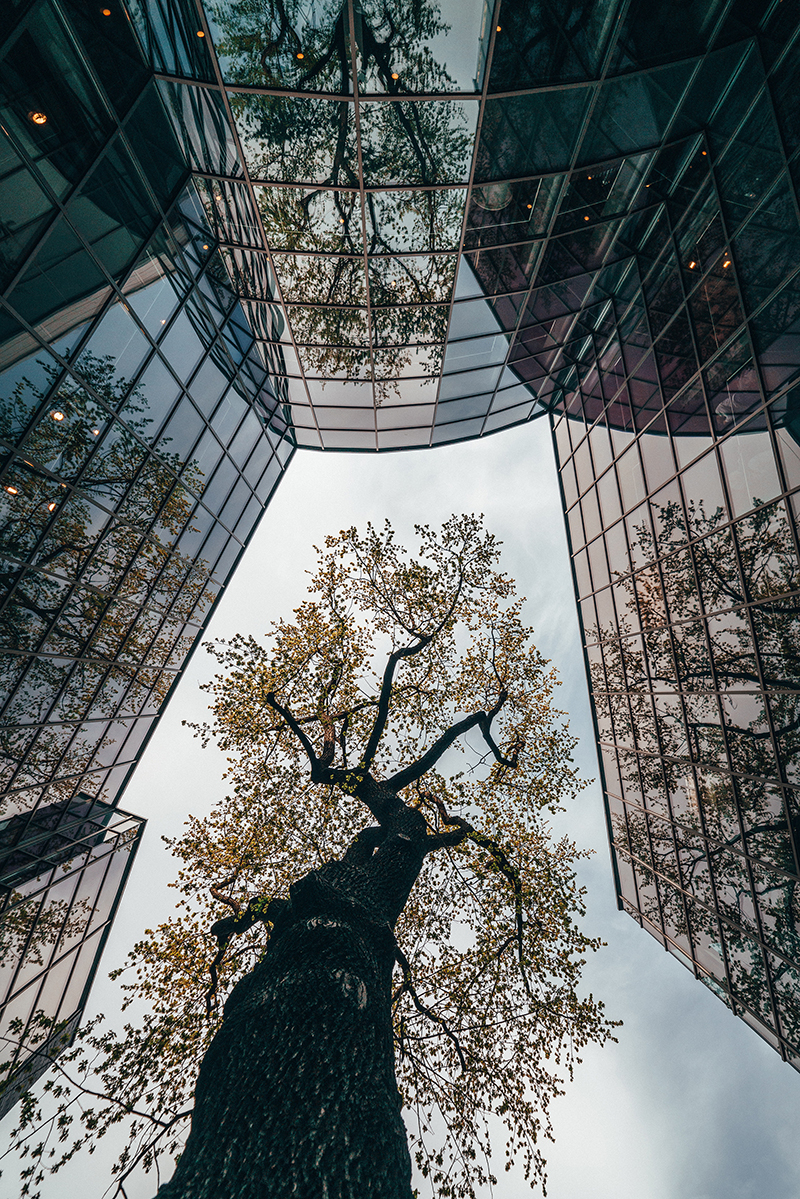
|
Critical Militarization, Policing, and Security Studies |
PI: Javier Arbona (American Studies) We are a working group of scholars at UC Davis that emerged as a response to burgeoning forms of military power. By militarization, we mean both military interventions and the securitization of everyday life. To this end we pursue research that foregrounds the production of subjects under practices of militarization, the technologies that facilitate surveillance and state power, and the contestations to such forms of violence. The group creates an interdisciplinary space where all the various cultural and social implications of contemporary militarization can be considered, discussed, and held accountable. |
The UC Davis Humanities Institute's Transcollege Research Clusters seek to build collaborations across colleges and professional schools. Intended to be deeply interdisciplinary, the Transcollege Research Clusters facilitate exchange among faculty and graduate students in workshops, symposia, or mini conferences, and encourage humanities and arts dialogues with other colleges and schools on campus. We especially encourage applications from early career faculty.
In addition to programming, we encourage clusters to view this as seed funding and to conceive ways that the cluster can serve as an incubator for larger projects in the future (websites and digital projects, co-authored books or journals, NEH Summer Seminars, NEH Collaborative Grants, UC-wide research groups, etc.). Clusters are awarded up to $5,000 annually. The call for applications is released in Fall Quarter.
2022-2023 Transcollege Clusters

|
Heritage Spanish: A Forum for Language, Learning & Teaching |
PI: Agustina Carando (Spanish & Portuguese) Our research team is composed of faculty members and graduate students from the College of Letters & Sciences and the School of Education. We share an interest in studying the language features, learning experiences, and teaching practices related to heritage speakers of Spanish in the United States. Heritage speakers are members of a language community who grow up with exposure to the language primarily in home and community contexts, not in academic and institutional contexts. While the field of heritage language studies has flourished over the past twenty years, advances in our knowledge about the challenges facing heritage speakers has often failed to reach practitioners “on the ground” and translate into actual pedagogical innovations, which would impact the students themselves and lead to improved outcomes. Our overarching goal, then, is to not only contribute to inter-college research on heritage Spanish, but also to serve as a forum of stakeholders and, ultimately, a bridge into our community’s bilingual classrooms. |
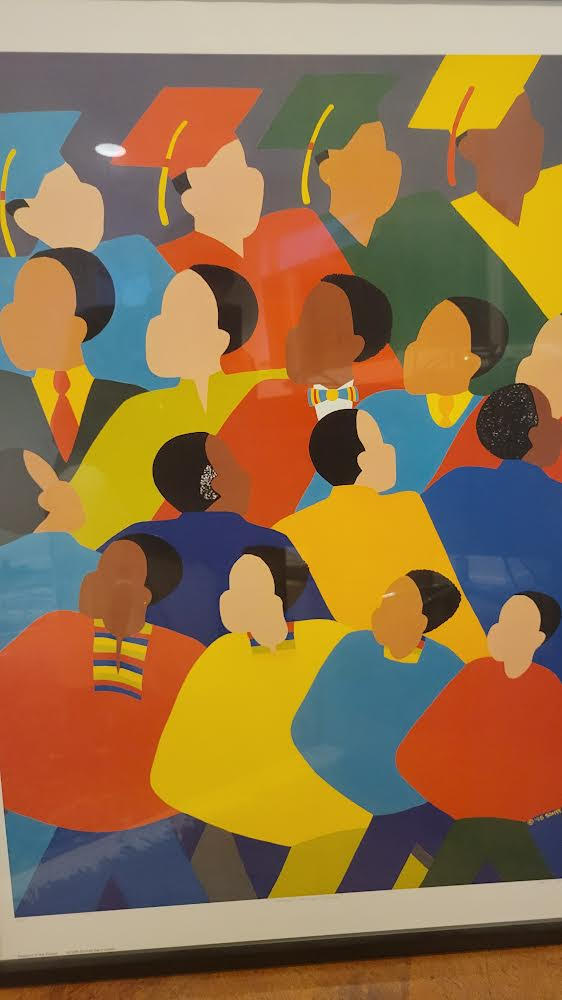
|
Gold and Blue Beyond Black and White |
PI: Gregory Downs (Department of History) |
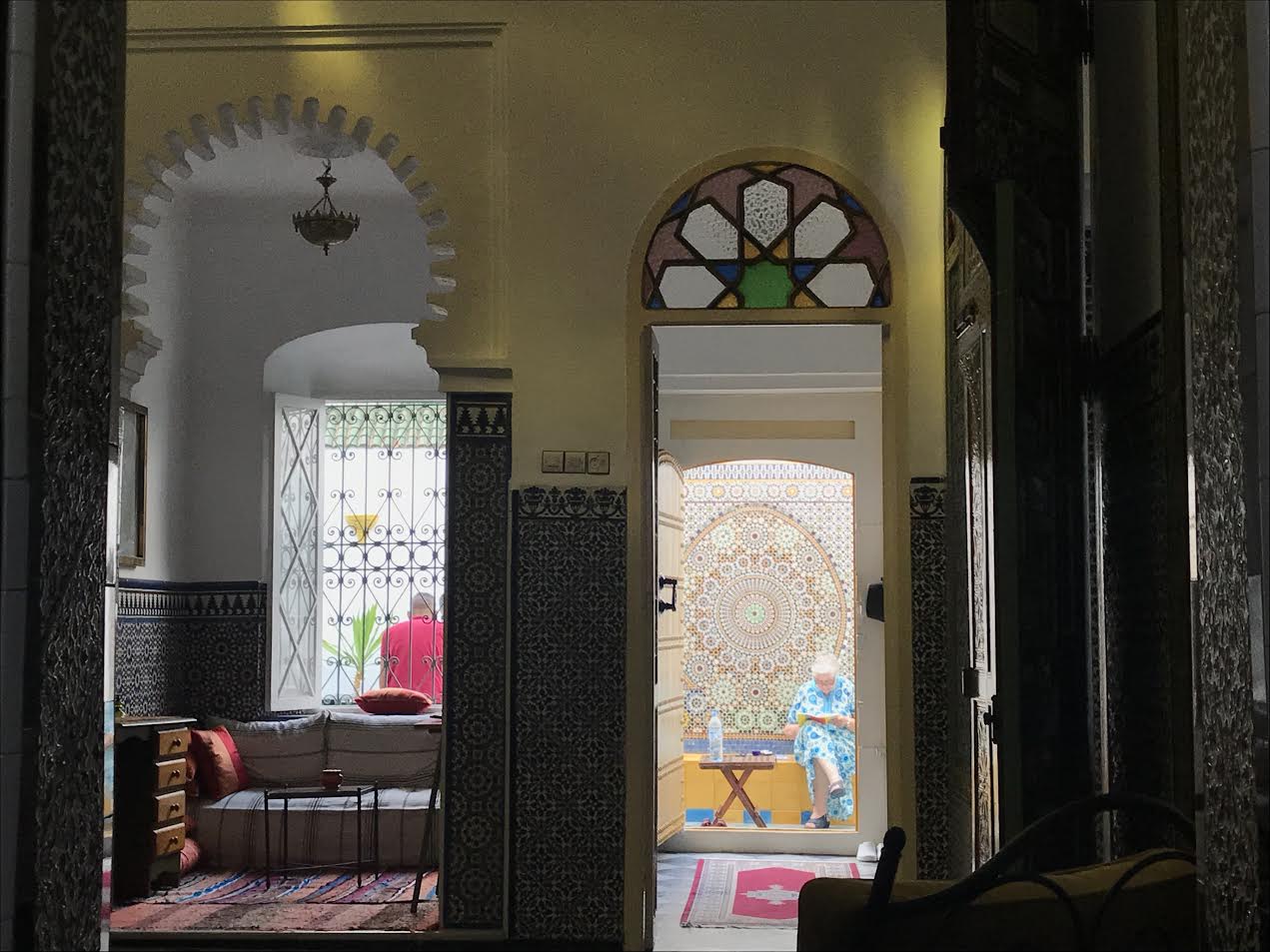
|
Venues for Thought Experiments in Aesthetics and Media |
PIs: Tarek Elhaik (Department of Anthropology) & Katharine Wallerstein (DHI) This research cluster takes as its subject matter intersecting concepts of “venue,” “aesthetics,” and “media.” Experiencing, interrogating, and conceptualizing the material, virtual, and philosophical spaces in which scholars, artists, and others come together for shared creative and critical thought, along with the aesthetic, affective, and political tasks venues assume and perform, is at the heart of our project. The cluster seeks to locate what we call “venue work” within a larger media ecology – an ecology of organisms, environments, ideas, concepts, and images. Our work is therefore inspired and animated by a search for an oikos where “cogitative souls” (Elhaik, 2021) can carry out their image and concept work, and where they can encounter and study, without mastering them, the “reveries” (Bachelard, 1960) that traverse and animate them. This oikos, one venue and many, is a time-space of immanence, of inquiry and experimentation, and, not least, of imaginative forms of conviviality. |
2021-2022 HumArts Research Clusters
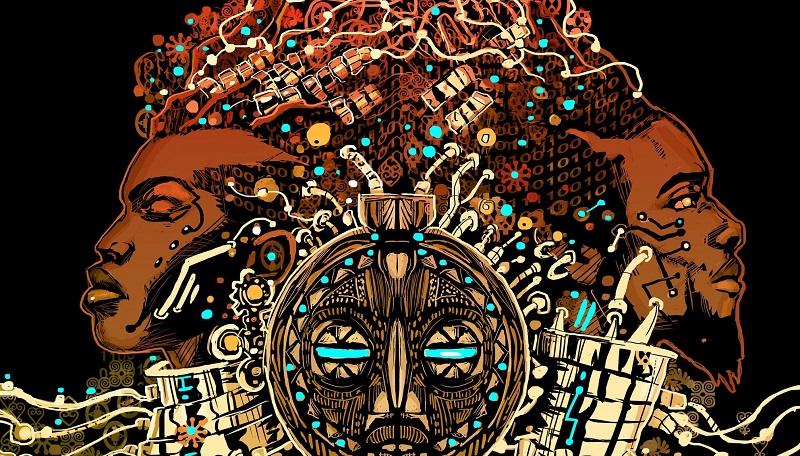
Black Futurism: Reading Black Visions of the Future in the Age of Jim Crow
Faculty Coordinator: Matthew Vernon (English)
Visions of Black futurity during the Age of Jim Crow testify to strategies of resilience and alternative political worlds that have yet to be fully plumbed; they are at once understudied and fascinating. Our group will use texts that imagined new futures in a period once called the “nadir” to chart new directions for reading the injustices of our age. Moreover, we aim to foster discussion among faculty and, especially, graduate students interested in Black life during the late 19th-20th century, but who are all too often divided from each other by disciplinary boundaries and the physical layout of campus. This group aims to build common ground for graduate students in English, History, and African American and African Studies, in hopes that they and faculty both learn from each other and develop sustaining connections. We will begin with the novel Imperium in Imperio by Sutton E. Griggs, that narrates a shadow Black government based in Waco, Texas in the last years of the 19th century that plans to remake the U.S. government from within in order to facilitate the creation of a Black nation in Texas. From there we will read other interlocking texts both in and about the notion of Black futurity both in Jim Crow America, potentially including Harp of Ethiopia, Righteous Propagation, and Jim Crow Wisdom.
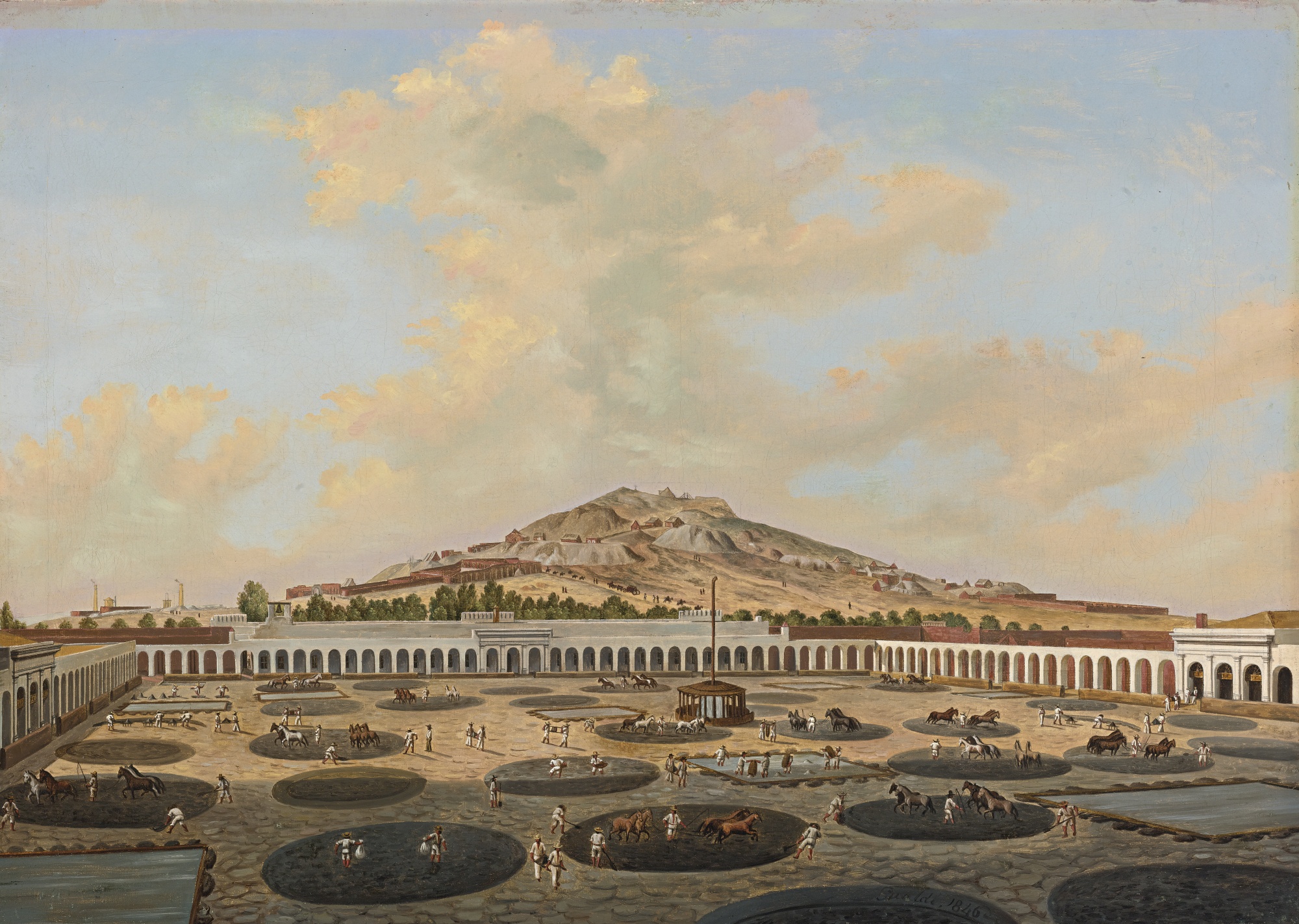
Extractive Pasts and Hollowed Futures: Unearthing Histories of Mining
Faculty Coordinator: Jose Juan Perez Melendez (History)
"Extractive Pasts and Hollowed Futures: Mining in Perspective" is an interdisciplinary social sciences and humanities laboratory for examining the historical impacts of mining and other extractive activities. In the context of climate breakdown, our group brings together scholars and civil society voices to reflect on ongoing environmental justice issues arising from past and present-day extractivisms. Sited in the historical landscape of the mid-nineteenth century gold rush and in close vicinity to new lithium-mining frontiers, our home base at UC Davis compels us to interrogate the toxic legacies of mining while sounding the complex social and global circumstances that allow for mining enterprises to take hold and continue to grow. Our speaker series, workshops and activities feature guests from disciplines including History, Geography, Comparative Literature, and Anthropology, and from Native American, Latin American, and Women’s Studies whose work explores mining issues from around the world.
2020-2021 Transcollege Clusters
Free People of Color
Faculty Coordinator: Gregory Downs (History)
DNA, Race, and Reproduction
Faculty Coordinators: Emily Merchant (Science and Technology Studies), Meaghan O’Keefe (Religious Studies)
Radical and Relational Approaches to Food Fermentation and Food Sovereignty
Faculty Coordinators: Jessica Perea
GeoArchaeology Working Group
Faculty Coordinator: Teresa Steele (Anthropology)
2020-2021 HumArts Research Clusters
See|Hear|Say: New Work with Voice, Bodies, Sound & Word 2022
Faculty Coordinator: Kurt Rohde
Migration and Aesthetics
Faculty Coordinators: Chunjie Zhang (German)
Racial Justice Policy Cluster
Faculty Coordinator: Robyn Rodriguez
Critical Militarization, Policing, and Security Studies
Faculty Coordinators: Javier Arbona (American Studies)
Disability and Social Justice
Faculty Coordinator: Ryan Cartwright
Technocultural Futures
Faculty Coordinator: Kris Fallon
Leaping with Ontological Terror
Faculty Coordinator: Marisol de la Cadena
Transdisciplinary Mesoamerican Connections
Faculty Coordinator: Ines Hernandez-Avila
2019-2020 HumArts Research Clusters

Black Bodies, Narration, and Imagining Otherwise
Faculty Coordinator: Maxine Craig (Sociology)
Imagine a jogger, a kid with braces, or a timpanist. Who do you see? This research cluster will examine relationships among bodies and social positions in the constitution of the middle class. The unmarked middle class norm is implicitly racialized, able-bodied and heteronormative. The group will foster interdisciplinary dialogue regarding how the physical body is involved in Black women’s efforts to claim places in structures that resist their inclusion.

Early Science Workshop
Faculty Coordinators: John Slater (Spanish & Portuguese), Daniel Stolzenberg (History)
The Early Science Workshop (ESW) brings together faculty and graduate students from various departments who share an interest in the humanistic study of science, medicine, and technology from before c. 1800. The flexible systems of categorization and idiosyncratic taxonomies of early science foreground models of hermaphroditism, amphibianism, sexuality, and race that contest modern conceptualizations of human identities. The scholarship of the last several decades—and the emerging work of UCD faculty—suggests the ways in which understanding the past helpfully moves us past rigid, Enlightenment notions of fixed gender identity and defined racial attributes. In this respect, the cluster serves not to reify or reinforce the scientific ideologies of the present, but rather to contest them.

Leaping With Ontological Terror
Faculty Coordinator: Marisol De La Cadena (Anthropology)
With UC Davis celebrating the 50th anniversary of the creation of Ethnic Studies departments on this campus this year, this cluster proposes to rethink the foundations of these discursive fields through an enquiry into the philosophical question of Black non/Being. It is our contention that Ethnic Studies departments, even those organized under the reformed banner of critical ethnic studies, have been unable to integrate the philosophical insights and aporias produced by black thought. This cluster therefore proposes to create a space for these re-imaginings to be nurtured.

Networking Sustainable Futurities: Perspectives from the North Pacific
Faculty Coordinator: Jessica Bissett Perea (Native American Studies)
Given how the North Pacific region is viewed as a (re)new(ed) frontier for twenty-first century economic development via the exploitation of human, water, and land resources – all of which disproportionately affect Indigenous/local communities suffering from settler colonialism, extractivism, and militarization – the futurity of Indigenous/local communities specifically, and our global relations (human and more-than-human) more broadly, depends on envisioning, developing, and networking critical new networks of thought leaders and grassroots activism. This collaborative cluster will be led by an interdisciplinary and transnational research team comprised primarily of researchers who are from the North Pacific region and rooted in forward-looking and sustainable Indigenous/local epistemologies/ontologies.

New Words & New Music With Voice
Faculty Coordinator: Kurt Rohde (Music)
This cluster will facilitate the collaboration between graduate programs in music and creative writing. Graduate composers will be teamed with five graduate writers to create new works for words/text and music/sound. The new works will be workshopped, assembled, rehearsed, and presented in a public performance in Pitzer Recital Hall
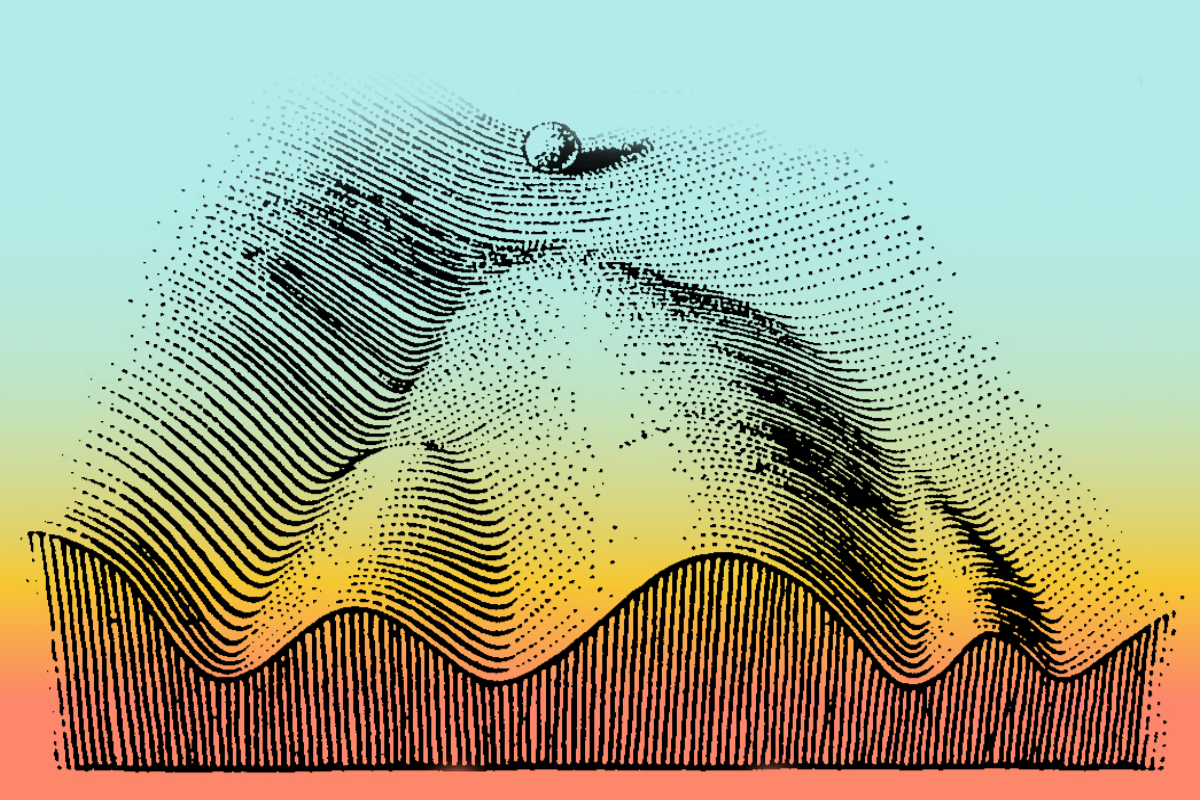
Technocultural Futures
Faculty Coordinators: Kris Fallon (Cinema and Digital Media and Director, Critical Wearables Project, Modlab), Colin Milburn (Professor of English, Science and Technology Studies, and Cinema and Digital Media, Gary Snyder Chair in Science and The Humanities, and Director, Modlab Digital Humanities Laboratory)
This cluster focuses on the way speculative logics and media objects co-produce futures.
We want to continue to bring together the many people at Davis studying how cultural
change is materially and discursively made through anticipations, technologies, strategies,
metaphors, misrecognitions and acts of resistance. Davis is emerging as the site of a new school of critical inquiry; the Technocultural Futures Research Cluster will provide opportunities for this still-nascent community to convene, and position UC Davis a hub for the collaborative development of methods that understand speculation as a set of media practices that create (and contest) the future.
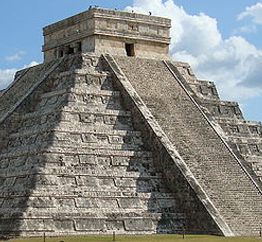
Transdisciplinary Mesoamerican Connections
Faculty Directors: Inés Hernández-Ávila (Native American Studies) and John López (Art History)
The cluster will take utmost advantage of a confluence of factors that promise a rich and deep engagement with ancient Mesoamerica, particularly the ancient Nahuatl, Mayan, and Oaxacan indigenous cosmological, philosophical, social, cultural perspectives and their influence on contemporary expressions of Nahuatl, Mayan, Oaxacan indigenous, and Chicana/o cultures. It provides an opportunity for Native American Studies to create a bridge with Art History, engaging history, art, architecture, agriculture, culture, literature, language, geography, “religion” or belief-systems, and performance.
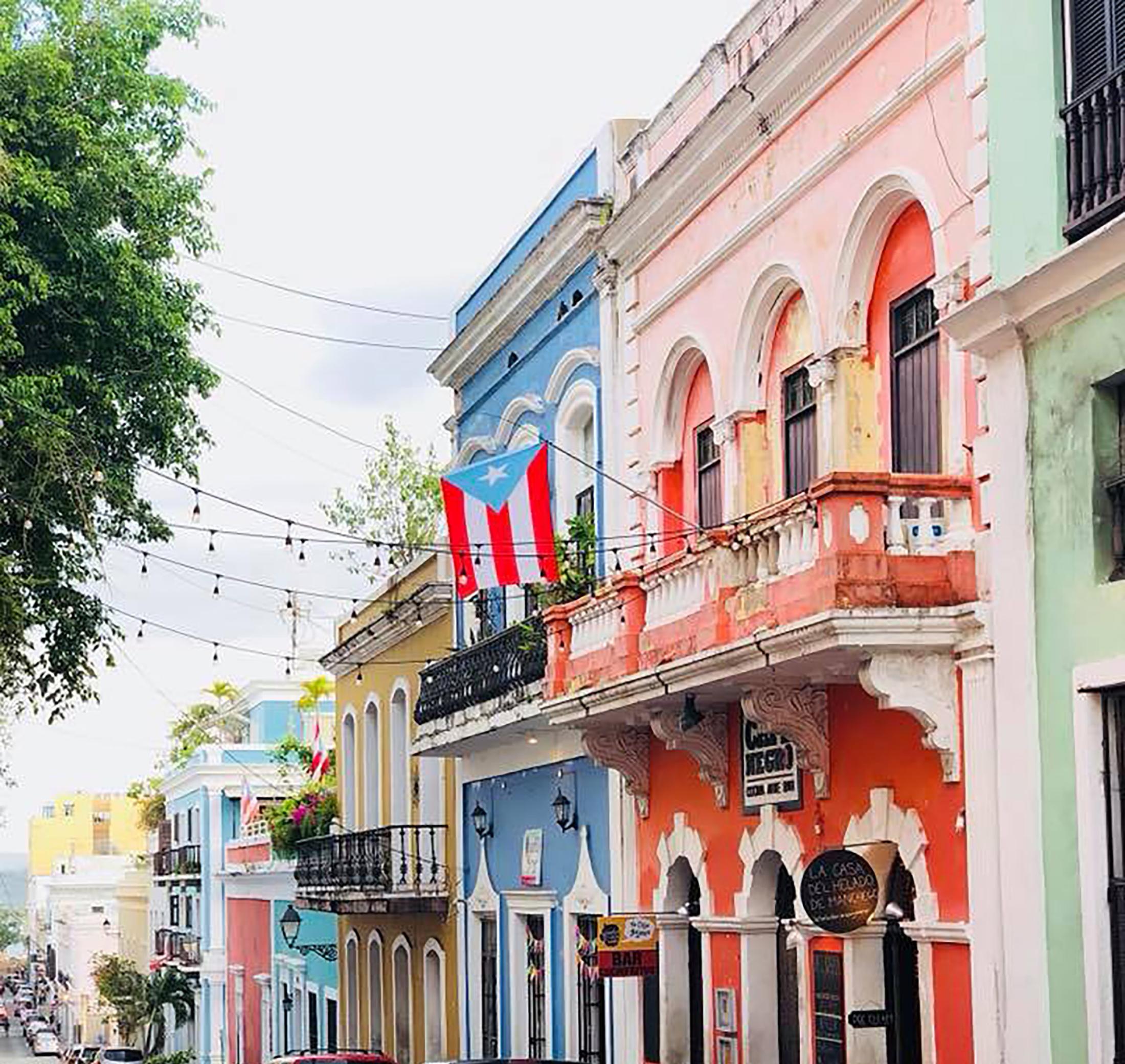
Puerto Rico and the World
Faculty Directors: Lisa Materson (History), José Juan Pérez Meléndez (History), and Julie Sze (American Studies)
The cluster examines the implications of Puerto Rico’s latest and perhaps most acute crisis brought on by Hurricane Maria in fall 2017 by exploring the effects over tropical environments, emergent rights regimes, and migratory phenomena. Building upon a Global Affairs seed grant, the cluster will coordinate two symposia featuring faculty from U.C. Davis and from several higher education institutions from Puerto Rico. Through these activities, the faculty cluster will expand on an emerging working relation with Puerto Rican scholars and institutions while inquiring into the past, present, and possible futures of the fraught U.S.-Puerto Rico relationship.
2019-2020 Transcollege Clusters

Green New Deal and Just Transition
Faculty Coordinator: Michael Ziser (English)
The goal of this cluster is to build solidarity and knowledge across disciplines in order to evaluate the promise of the “Green New Deal” and contribute to the process of critiquing, shaping, and materializing its stated goals and policies. The Green New Deal evokes both a return to the progressive legislation and economic stimulus brought about by FDR's New Deal, but it has also brought with it conversations about a "Just Transition,” a phrase that names a framework for moving from our current fossil-fuel economy to a green economy based on sustainable practices and new green energy jobs. Our cluster aims both to explore different theoretical aspects of the Green New Deal and Just Transition and, by bringing together scholars from the sciences, social sciences, and humanities disciplines, to produce work that might have a tangible influence on how these conversations develop.
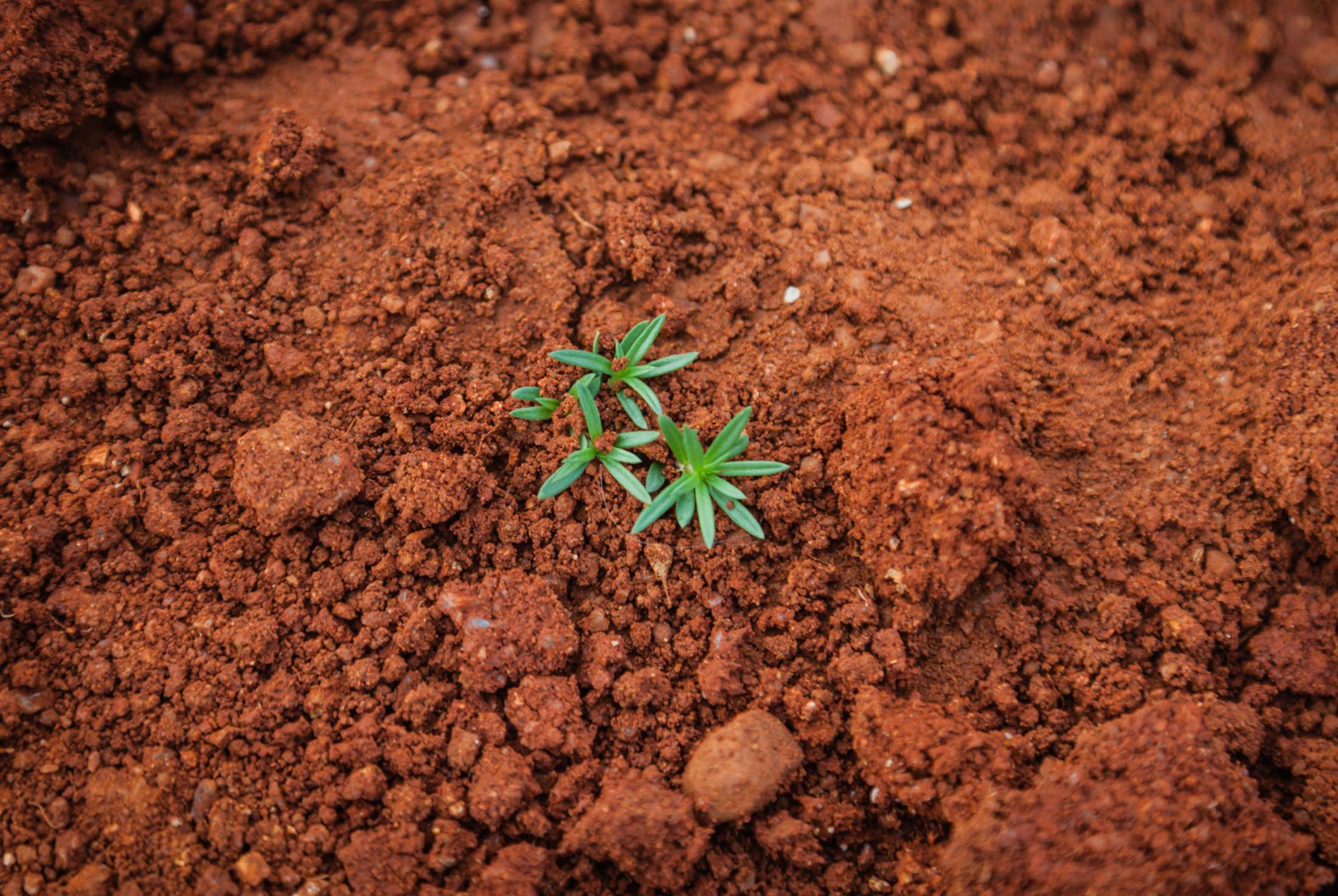
The Arts, Cultures, and Designs of Remediation
Faculty Coordinators: Margaret Kemp (Theatre & Dance), Kate Scow (Land, Air, and Water Resources), Christina Cogdell (Design), Amanda Crump (International Agricultural Development)
Emergent methods in bioremediation bring back the ability of ecosystems to thrive and be resilient to future challenges. However, activists and scholars also warn us that strategies for remediation are not comprehensive solutions; while they offer palliative reprieve against environmental degradation, they do not address systemic issues of over-production and consumption that have brought us to this ecological impasse. Around these questions, we gather as an interdisciplinary group of scholars, scientists, artists, engineers, community workers and activists to deepen our understanding from across our various situated disciplines, and to develop strategies for response that are holistic in their approach. This collaboration will pay attention to the arts as a powerful site for coalition building, for the first step in changing our land-based practices is to reinvigorate the stories we tell about them. Remediation is not only a practice that relates to soil; it is also an aesthetic and narrative practice in this undertaking.

Political Ecology Lab
Faculty Coordinator: Clare Cannon (Human Ecology)
Political ecology has grown into a diverse field that attends to how power, representation, and knowledge production shape understandings of and interventions into nature-society systems. To this end, the Political Ecology Research Cluster at UC Davis fosters collaborative projects addressing unequal power dynamics that cause and emerge from socio-environmental relations and changes. Through our collaboration, members imagine new possibilities on how to achieve a just world for humans and non-humans alike. We conceive of our cluster as a place where disciplines like human geography, anthropology, and the environmental humanities converge.
2018-2019 Transcollege Clusters

Archaeology and Soil Science Synergism
Faculty Coordinators: Dr. Sanjai Parikh (Land, Air, and Water Resources) and Dr. Nicolas Zwyns (Anthropology)
UC Davis houses some of the best specialists in the fields of quaternary geology and soil sciences; however, a mechanism to foster long-term collaborations with archaeologists, paleoanthropologists and soil scientists on campus is yet to be established. Dr. Parikh and the Center for Experimental Archaeology group is in a unique position to facilitate these connections. The creation of a cluster for experimental archaeology which incorporates interdisciplinary collaboration and supports communication between two schools of specialists would stem from the bone projects completed and in progress (coordinated by Giulia Gallo).
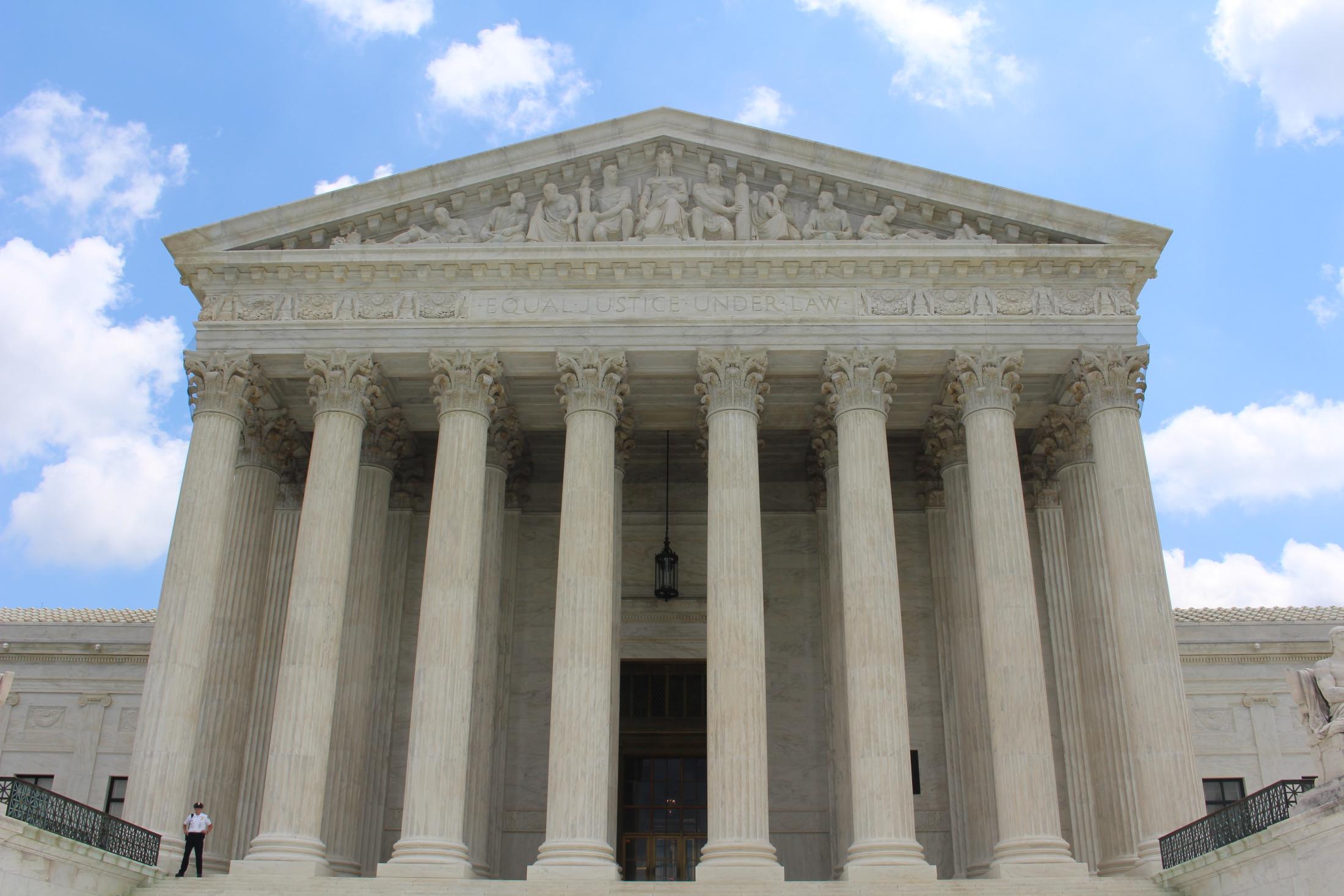
Democracy and Information
Faculty Coordinator: Jiayi Young (Design)
We aim to found a dynamic research cluster that brings together scholars and practitioners from very different corners of the university – Humanities, Arts, Data Science, and Computer Science – to investigate the use of information in democratic politics and society. Through the dynamic makeup of this cluster, research inquiries would find points of overlap across areas such as digital media and voting technologies; election biases, social media, and democratic processes; and, devices of public-engagement and social and political agency.

Digital Ethics
Faculty Coordinators: Gerardo Con Diaz (Science and Technology Studies), Nina Amenta (Computer Science)
The Science and Technology Studies Program and the Computer Science Department jointly propose the development of a new curriculum in digital ethics at UC Davis. We will develop new courses on the ethics of information technologies aimed primarily, but not exclusively, at computer science and computer engineering majors. Our goal is to train UC Davis graduates who have the technological and humanistic skills necessary to design and create socially responsible computing innovations.

Political Ecology Lab
Faculty Coordinator: Clare Cannon (Community and Regional Development)
The Davis Political Ecology lab aims to create transdisciplinary intellectual space for examining how political ecology can generate deeper socio-ecological diversity, equity, and inclusion. As interdisciplinary scholars, we increasingly seek to orient our work toward social and environmental justice, drawing from a methodological toolkit whose origins lie in the humanities and the humanistic social sciences.
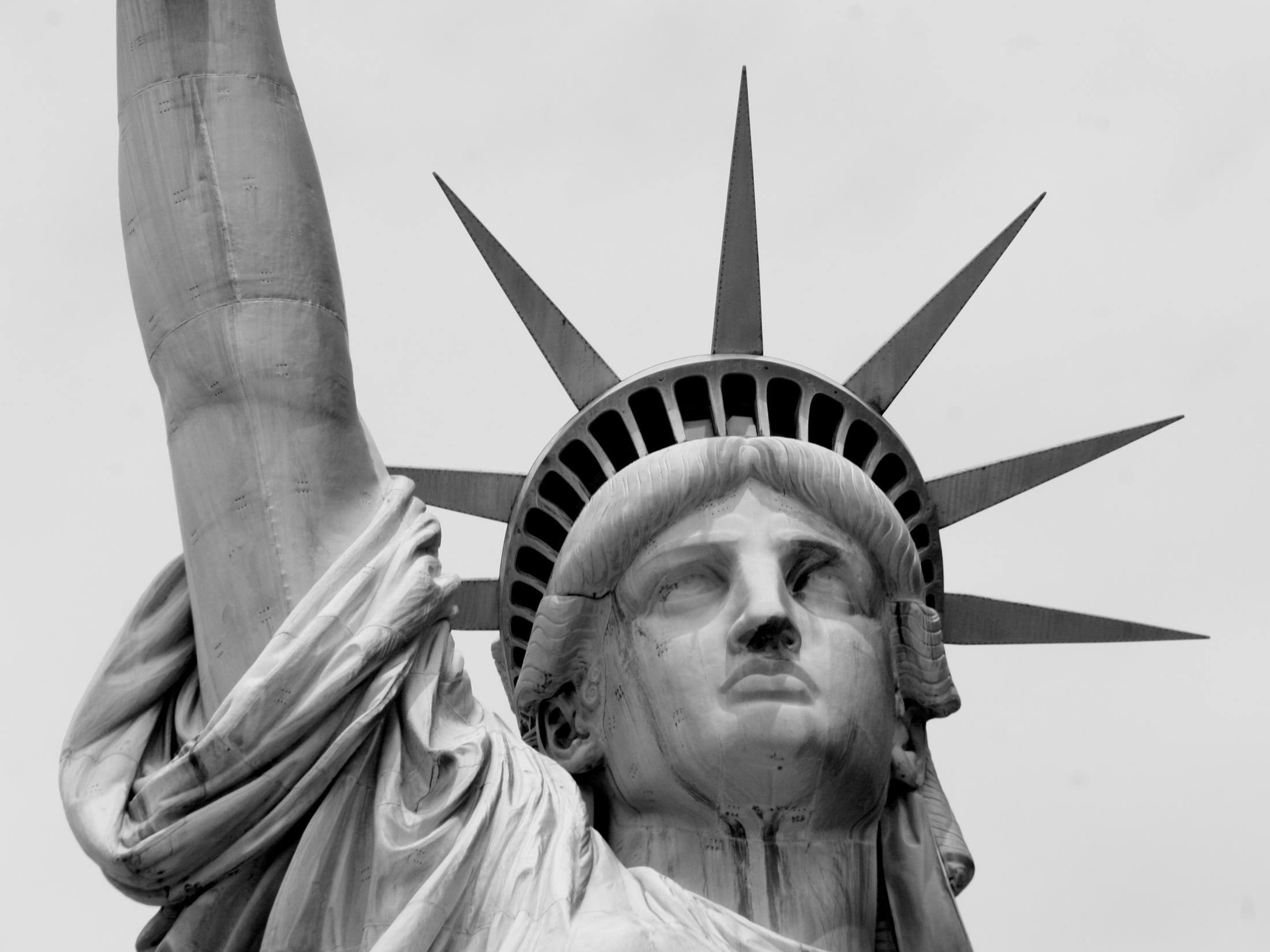
The Immigrant’s Struggle for Equality
Faculty Coordinators: Thomas Jue (Medicine), Gabriel Jack Chin (Law), and Robyn Rodriguez (Asian American Studies)
A multidisciplinary initiative to develop historical and cultural perspectives on the immigrant experience and the struggle for equality and to establish historical, social, and political context to promote an informed discourse, which in turn can properly guide the public debate.
Year: 2014-2015
Indian Ocean Imaginaries: Place-Making, Practices, and Networks
Faculty Contact: Smriti Srinivas, Bettina Ng’weno
Student Contacts:
The Indian Ocean Imaginaries Research Cluster brings together 13 members from Anthropology, African American and African Studies, English, Geography, Human Ecology, and Religious Studies. It focuses visibility on faculty at UC Davis, who have separately approached Indian Ocean cultures and societies in several ways and puts UCD in conversation with emerging frontiers of scholarship that focus on the significance and necessity for collaborative, cross-regional theorizations. Research projects of graduate students associated with this cluster engage with several cities, coastal ecologies, warscapes, asylums, and other sites in this region. The purpose of the cluster is to create an explicit community of scholars focused on the Indian Ocean world. The cluster will also provide a venue for mentorship of graduate students who work on parts of the Indian Ocean world and a site for professional development of established faculty and students to think about Indian Ocean imaginaries together in novel ways.
The Digital Premodern: Codex to Code
Faculty Contact: Matthew Vernon, Claire Waters
Student Contacts:
This cluster explores premodern materials and experiences—from the classical to the late-medieval—in light of their intersections with modern and postmodern modes of communication, cultural engagement, and learning. We will be exploring the multiple meanings and uses of mapping in both premodern culture and the digital realm; the role of medievalism and classical receptions in contemporary gaming culture; and the intersection of pre-print and post-print technologies in the digital study of manuscripts and performance.
Women and Gender in the World
Faculty Contact: Ellen Hartigan-O’Connor, Lisa G. Materson
Website: http://uswomenandgenderhistory.wordpress.com/
In the 2000s, transnational and global history transformed the field of women’s and gender history, challenging frameworks that had situated identities and institutions within national boundaries. The debates surrounding these challenges are still in their formative stages and have lively iterations in other disciplines beyond history. This research cluster brings together an interdisciplinary group of scholars to explore the implications of transnational perspectives for scholarship and teaching on women and gender. Events in 2014-2015 include a major conference November 8-9 that will include more than 20 speakers from around the country presenting papers, and a spring workshop on the subject of “Women’s and Gender Scholarship in Global Contexts: the State of the Campus, the Future of Collaboration.”
Temporality and its Limits: Reconsidering Time, Duration and the Event
Faculty Contact: Sudipta Sen
In this cluster we investigate how studies of temporality in disciplines across the humanities have broached new questions relating to individual perceptions and normative orders implicated in common forms of time- reckoning. We also query how the very perception of time as measurable or experientially derived quanta—in the form of cycles, revolutions, chronology, linearity, progress, velocity, probability, futurity, as well as in the fused concepts of time and space—has persisted in the humanities.
There are temporalities that seem to be “hard-wired” in relationship to gender, reproduction, diurnal routines, rhythms of dance and music, and life-cycles, including birth, aging and death. These forms provide the living tissue of almanacs and calendars, and also the building blocks of historic duration that keep in place normative ideas of immediacy and the future. There are also temporalities that seem to be embedded in the very matrix of human association. We also seek to inquire how the very idea of the Event is perched on the interstice of the circadian and the socio- temporal forms of time-reckoning, we explore the Event as a gesture and form of reckoning common to most humanity that has a place prior to myth, history and apocrypha, as an essential punctum that keeps the here/now and the there/then at once in play and in tension.
UC Davis Multidisciplinary Psychoanalytic Research Cluster
Faculty Contact: James Smith, Li Zhang
Student Contact: Matthew Nesvet
The UC Davis Multidisciplinary Psychoanalytic Research Cluster sponsors research, lectures, seminars, digital humanities projects and other activities that foster the exploration of psychoanalytic ideas and texts across the disciplines. In particular, this cluster supports research and events that engage with psychoanalysis in pluralistic and experimental ways. By putting psychoanalytic ideas and practices in conversation with emerging thinking on temporality, materiality, history, memory, bodies, care, economy, narrative, experimentally, improvisation, performance, law, and criminality, the cluster provides a space for faculty and graduate students to explore and develop work at the forefront of humanistic and critical social science engagements with psychoanalysis. The cluster’s lecture series, Freudian Sips, brings prominent and cutting-edge scholars to campus for public events; cluster faculty, postdoctoral associates, graduate students and undergraduates attend and organize a panel at the annual UC Interdisciplinary Psychoanalytic Consortium Retreat; and its postdoctoral scholar works with graduate and undergraduate students seeking to explore how psychoanalytic texts and ideas might contribute to their research. The cluster is administratively housed in Cultural Anthropology and includes faculty and graduate students from across the humanities and critical social sciences. Please contact Matthew Nesvet (nesvet@ucdavis.edu) with questions on the cluster, if you’d like to be added to its mailing list, or if you wish to get involved. The cluster will host a kickoff event and open house for all interested persons in early fall quarter (Oct 9).
Rhetoric @ Davis
Faculty Contact: Chris Thaiss
Rhetoric @ Davis promotes the idea of rhetoric as a field of study that touches upon every discipline that needs to communicate information or knowledge to an audience. This research cluster will create a forum to meet, discuss, and share research related to rhetoric for scholars from an array of disciplines and departments at the University of California, Davis. Each quarter, the cluster will invite an outside speaker on rhetoric whose visit will be followed by a panel discussion later in the quarter.
Cluster on Language Research
Faculty Contact: Robert Blake
Website: http://languageresearch.ucdavis.edu/
The Cluster on Language Research seeks to create a space where researchers can share their individual specialties and insights in pursuit of creating a more unified vision of language. Encompassing interests such as theoretical and applied linguistics, cognitive psychology, foreign language teaching and education, language policy, sociology of language, language preservation, and philosophy of language, this cluster supports investigation, exploration, and collaboration in the field of Language Research. The members of this interdisciplinary group use this space to meet and discuss relevant literature, present and develop their research, organize projects and colloquia, and put on the annual Symposium on Language Research.
Turkish Studies
Faculty Contact: Baki Tezcan
Turkish Studies aims to broaden scholarly understanding of contemporary events in Turkey by inciting intellectual engagement with new political forms. This research cluster will furnish young UC Davis scholars with valuable professional development and will facilitate a community for scholars of Turkey at Davis. Turkish studies begins a conversation between thinkers whose work ranges from queer theory to political economy to social movement theory in order to help the public situate recent uprisings in Turkey in the context of subaltern political struggles unfamiliar to many in the U.S.
Year: 2013-2014
Eighteenth-Century Studies
Faculty Contact: Alessa Johns
Student Contacts: Molly Ball, Peter Weise
This research cluster supports scholars working in a wide variety of fields during the long eighteenth century. The cluster hosts the annual Hopkins-McGuinness lecture as well as formal and informal presentations of work by faculty and graduate students. It is assisting to organize and host an upcoming conference of the Western Society for Eighteenth-Century Studies, to be held at UC Davis from 14-16 February, 2014.
Estudios Culturales en las Américas
Faculty Contact: Robert Irwin, Michael Lazzara
Student Contacts: Diana Pardo Pedraza, David Tenorio González
Website: http://estudiosculturales.ucdavis.edu
This research cluster focuses on the interdisciplinary field of Latin@american Cultural Studies, and specifically on contemporary critical debates and new research by scholars working on Chican@/Latin@ and/or Latin American cultural studies in the humanities and social sciences. In the tradition of Latin@american cultural studies, this cluster focuses on issues of political expediency and on power relations within the cultural sphere, topics related to gender and race, and work by women and indigenous peoples. Other possible themes of analysis include migration, subaltern knowledges, cultural industries, globalization, bilingualism, iconography, memory, and cultural policy, among others. The cluster approaches its topic through a transamerican perspective in interdisciplinary cultural studies.
Performance and the Premodern Archive
Faculty Contact: Noah Guynn, Matthew Vernon
Performance and the Premodern Archive explores what it means to study the distant past in the humanities and humanistic social sciences. This cluster brings new theoretical discourses into the study of premodernity and finds innovative ways to historicize it. Through a unique combination of disciplines, historical periods, geographic specialization, and theoretical affiliations, Performance and the Premodern Archive examines Medieval performance culture and seeks new understanding of modernity’s ways of performing the past.
Queer, Feminist, and Transgender Studies
Faculty Contact: Kathleen Frederickson
Student Contacts: Elisa Oceguera, Isabel Porras
The Queer, Feminist, and Transgender Studies Research Custer (QFT), formerly known as the Queer Research Cluster (QRC), is a research group of faculty members and graduate students that has been active for the past eight years at Davis. The cluster has aimed to be an interdisciplinary project devoted to interrogating structures of gender, sexuality, desire, affect, and embodiment in the contexts of political institutions, economic processes, and theoretical discourses. Undergraduates interested in pursuing grad degrees in these fields are also invited. To receive information about events, join the Facebook group: https://www.facebook.com/QFTCluster or bookmark: http://qftcluster.ucdavis.edu
Reception Studies
Faculty Contact: Brenda Schildgen, Archana Venkatesan
Website: http://receptionstudies.ucdavis.edu/
Reception Studies is concerned with the reception, transmission, production and consumption of “cultural” forms, epistemologies, texts, and ideas temporally and spatially. This cluster interrogates how new technologies shape the way texts and ideas are received.
Rhetoric @ Davis
Faculty Contact: Chris Thaiss
Rhetoric @ Davis promotes the idea of rhetoric as a field of study that touches upon every discipline that needs to communicate information or knowledge to an audience. This research cluster will create a forum to meet, discuss, and share research related to rhetoric for scholars from an array of disciplines and departments at the University of California, Davis. Each quarter, the cluster will invite an outside speaker on rhetoric whose visit will be followed by a panel discussion later in the quarter.
Studies in Performance and Practice
Faculty Contact: Kriss Ravetto-Biagioli
Studies in Performance and Practice will shift the focus of the performance studies cluster from the experience of embodiment to film and media aesthetics, particularly the politics of the moving image in the age of secularization. The focus will be on screening as a social and anti-social practice.
Turkish Studies
Faculty Contact: Baki Tezcan, Suad Joseph
Turkish Studies aims to broaden scholarly understanding of contemporary events in Turkey by inciting intellectual engagement with new political forms. This research cluster will furnish young UC Davis scholars with valuable professional development and will facilitate a community for scholars of Turkey at Davis. Turkish studies begins a conversation between thinkers whose work ranges from queer theory to political economy to social movement theory in order to help the public situate recent uprisings in Turkey in the context of subaltern political struggles unfamiliar to many in the U.S.
What Does Health Mean Today?
Faculty Contacts: Cristiana Giordano
Student Contact: Rima Praspaliauskiene
Cluster Profile: Research Cluster Questions the Meaning of Health in a Global Context
This interdisciplinary research cluster aims to explore the meanings of health in the context of a rapidly changing and increasingly connected world. We feel that it is imperative to explore how health has come to mean what it does today, and how our intellectual work can contribute to a more comprehensive approach to changing notions of embodiment, cure, and well-being. Our main objective is to understand the ways in which an emerging global medicine is articulated with diverse cultural beliefs and practices to shape diagnostic methods, healing models, therapeutic processes, health systems, and patient subjectivities. This research cluster will provide a space for faculty and students to develop richer and deeper analysis from the humanities and social sciences perspectives. At the same time we intend to link up with UC’s ambitious “One Health” project to broaden our discussion in order to reformulate how we think about health and medicine through an attention to large-scale human endeavors in dialogue with humanistic concerns of healthy cosmopolitan lives.
